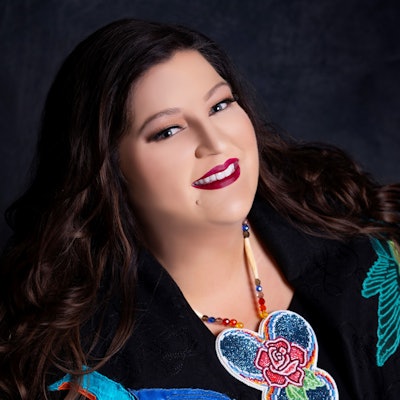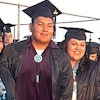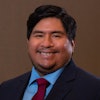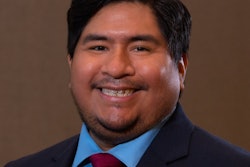Forty years after the founding of Michigan State University’s (MSU) Native American Institute (NAI), seven Native MSU scholars came together to create Reciprocal Research: A Guidebook to Centering Community in Partnerships with Indigenous Nations.
Written for anyone planning to conduct research in tribal nations, but especially for non-Native researchers, the guidebook offers best practice suggestions for how to conduct research on tribal lands. Through hypothetical forestry, river, agricultural, grassland and wildlife study proposals, the authors illustrate the kind of casual missteps and errors that minimize a tribal nation’s authority and sovereignty over its lands and its peoples.
 Dr. Christie Poitra
Dr. Christie Poitra
“Simply stated, research has the potential to harm communities through the extraction of resources, knowledge, language and culture. I wanted to develop a resource academics could use and learn from before they apply for a grant or engage with communities,” says Poitra, a first-generation descendant of the Turtle Mountain Band of Chippewa Indians who has worked in this space for nearly 20 years.
To engage with research on Native land, the guidebook advises developing a strong relationship with the community. Academics need to share their ideas, investigations, goals and outcomes with tribal nations, creating data that’s representative and relevant to the community and its needs.
“There is damage between researchers and tribes,” says Poitra. “Tribes ceded millions of acres of land to universities across the Nation. Those lands have generated significant wealth for universities by growing endowments. At the same time, universities have often failed to invest appropriately in Native American recruitment, retention and employment.”
“In many ways,” says Poitra, “this guidebook represents a conscious effort of BIPOC (Black, Indigenous, and People of Color) academics to expand equity within university research practices.”






















